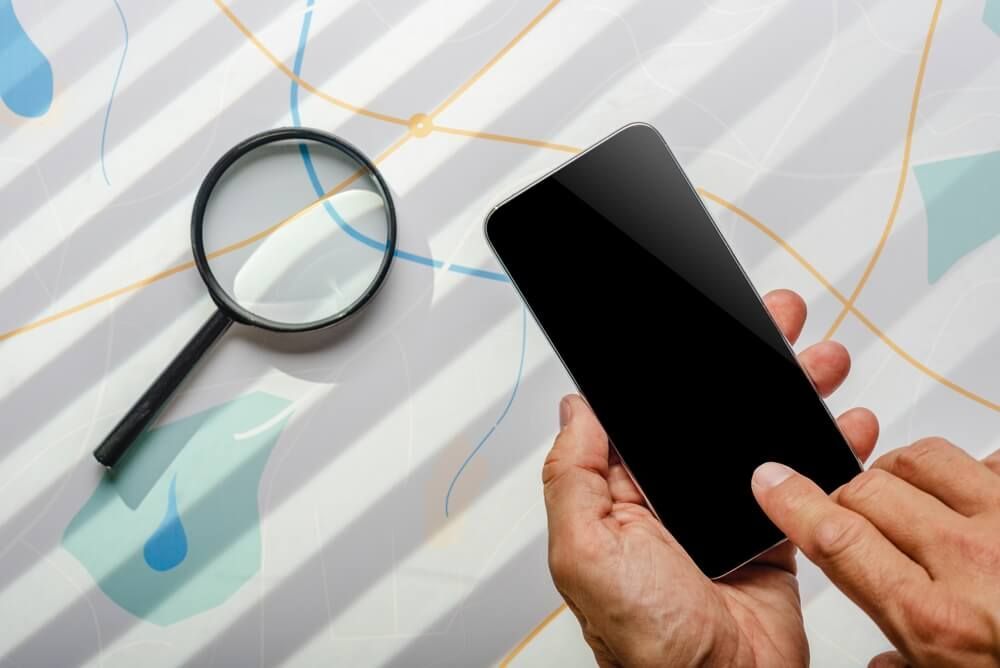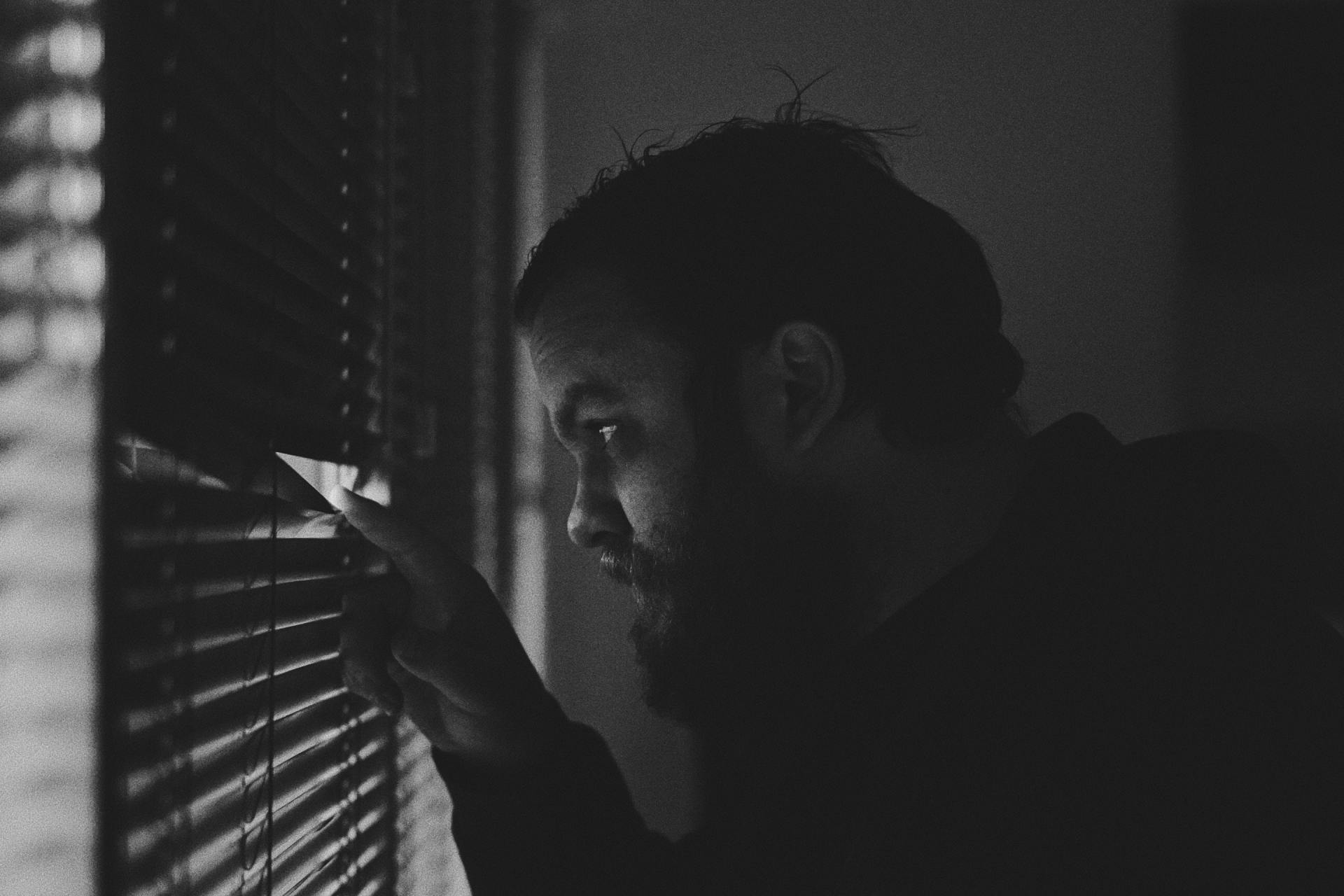Combating Fake Employee Sickness In The UK
Fake Employee Sickness And Absenteeism In The UK:
Understanding, Addressing, and Preventing Workplace Absenteeism Fraud...
Employee sickness is a significant challenge for businesses across the United Kingdom. Each year, millions of working days are lost due to illness and injury, with genuine health concerns rightfully requiring time off. However, a less discussed—but increasingly prevalent—issue is fake employee sickness. When staff falsely claim illness to avoid work or pursue personal interests, it can seriously damage productivity, morale, and a company’s bottom line.
The phenomenon of fake sickness presents a complex web of ethical, legal, and operational challenges for employers. With the rise in remote working and flexible hours, the opportunities for employees to abuse sickness policies have expanded. As businesses grapple with this, many are turning to private investigators to help unearth the truth, gather evidence, and safeguard their interests.
In this comprehensive blog, we will explore the landscape of fake employee sickness in the UK, it’s impact on businesses, the warning signs, legal aspects, and how we, private investigators play a pivotal role in addressing this growing concern.
Dedicated | Diligent | Discreet
The Scope of Fake Employee Sickness in the UK
The UK workforce is known for its strong employment rights and robust health and safety standards. Employers are required, both legally and ethically, to support employees during periods of genuine illness. Statutory Sick Pay (SSP) and company sick pay schemes provide vital safety nets for those unable to work due to health reasons.
Yet, alongside these safeguards exists a minority of employees who misuse sick leave. According to a 2023 report by the Office for National Statistics (ONS), sickness absence rates have been gradually increasing, with a small but persistent percentage attributed to non-genuine or questionable claims. Recent surveys suggest that up to 15% of UK employees admit to having “pulled a sickie” in the last year—a colloquial phrase meaning falsely reporting illness to take a day off.
While most employees respect workplace policies, a culture that tolerates or turns a blind eye to fake sickness can emerge, especially if companies lack effective monitoring and enforcement mechanisms.
Local | National | International
Why Do Employees Fake Sickness?
Understanding the motivations behind fake sickness is key to prevention and detection. Common reasons include:
· Burnout and Stress: Employees feeling overwhelmed may take unscheduled leave, not because of physical illness but to escape workplace pressures.
· Lack of Engagement: When staff are disengaged or dissatisfied with their roles, the temptation to call in sick increases.
· Workplace Conflict: Issues with colleagues or management may drive employees to avoid the workplace.
· Personal Commitments: Some use sick leave to attend to personal matters—moving house, childcare, or even holidays—contrary to policy.
· Perceived Lack of Consequences: If policies are lax or inconsistently enforced, abuse flourishes.
While some of these motivations stem from broader issues within workplace culture, they do not justify dishonesty or fraud. The impact of fake sickness can be profound, affecting not just business operations but also the morale of colleagues who must shoulder additional workloads.
Private | Corporate | Commercial
The Impact on Businesses
Fake sickness affects organisations in several ways:
· Financial Costs: Every day an employee falsely claims sickness, businesses lose money through paid sick leave, overtime costs for covering staff, and decreased productivity. In the UK, it’s estimated that sickness absence costs the economy over £18 billion annually, with a portion attributable to fraudulent claims.
· Workforce Morale: When colleagues suspect or know that someone is abusing sick leave, it can breed resentment and lower morale. Those who consistently attend work may feel taken for granted or unfairly treated.
· Reputational Damage: A company seen as lenient or ineffective in tackling absenteeism may develop a poor reputation among clients and potential recruits.
· Operational Disruption: Projects can be delayed, customer service can suffer, and remaining staff may experience burnout from increased workloads.
Leading | Established | Award Winning
Spotting the Signs of Fake Sickness
Identifying fake sickness is challenging; employers must tread carefully to avoid wrongful accusations and legal pitfalls. However, certain patterns may raise red flags:
· Frequent Short-Term Absences: Employees who often take single days or a few days off may be abusing the system.
· Absences Before/After Weekends and Holidays: Sick leave conveniently taken adjacent to scheduled time off can be suspicious.
· Patterns Linked to Work Events: Repeated absences during busy periods, meetings, or undesirable shifts.
· Unverifiable Illnesses: Vague symptoms or repeated claims of illnesses that are difficult to confirm.
· Social Media Activity: Employees caught posting holiday photos or engaging in strenuous activities while on sick leave.
Employers must approach suspicions objectively, ensuring all concerns are documented and handled in line with company policy and employment law.
People Tracing | Background Checks | Surveillance
Legal Aspects and Employer Responsibilities
Handling suspected fake sickness involves navigating complex legal terrain. UK employment law protects employees against unfair dismissal and discrimination, even during sickness absence. Employers must:
· Follow established absence management and disciplinary procedures.
· Ensure all investigations are fair, legal, consistent, and evidence-based.
· Provide reasonable adjustments or support for genuine health issues.
If an employer suspects an employee is faking sickness, they must gather substantive evidence before taking disciplinary action. This is where the expertise of private investigators becomes invaluable.
Dedicated | Diligent | Discreet
The Role of Private Investigators in Fake Sickness Cases
Private investigators (PIs) bring a professional, discreet, and legally compliant approach to investigating claims of fake sickness. Their involvement can be instrumental for businesses seeking to protect their interests while maintaining legal and ethical standards.
Local | National | International
What Do Private Investigators Do?
Private investigators deploy a range of methods to gather evidence in suspected fake sickness cases:
· Surveillance: Monitoring the employee’s activities to determine if their behaviour matches their claimed illness. For example, someone on sick leave for a back injury seen lifting heavy objects or participating in sports.
· Social Media Investigation: Scrutinising public posts and online activity for evidence of deception, such as travel photos or check-ins at entertainment venues.
· Background Checks: Investigating an employee’s history for patterns of absenteeism, previous disciplinary actions, or false claims.
· Witness Statements: Interviewing colleagues or third parties who may have witnessed the employee undertaking activities inconsistent with their reported illness.
· Covert Enquiries: Gathering information discreetly, often blending into the employee’s environment to observe and report on their activities without arousing suspicion.
All investigative activities must be compliant with the law, including the Regulation of Investigatory Powers Act 2000 (RIPA), the Data Protection Act 2018, and the General Data Protection Regulation (GDPR).
Private | Corporate | Commercial
Benefits of Using Private Investigators
Employers who engage private investigators to combat fake sickness enjoy several advantages:
· Objective Evidence: PIs provide impartial, documented evidence that can withstand scrutiny in disciplinary hearings or tribunals.
· Discretion and Professionalism: Investigators operate unobtrusively, preserving the dignity and privacy of all parties involved.
· Legal Guidance: Reputable agencies will advise employers on the proper use of evidence and next steps, minimising legal risks.
· Deterrence: The knowledge that abuse is actively monitored can serve as a powerful deterrent to would-be offenders.
Leading | Established | Award Winning
Case Study: A Real-World Example
Consider a UK-based manufacturing company that began noticing a pattern of frequent short-term absences from a particular employee, often coinciding with local music festivals. After an internal review raised suspicions but failed to yield proof, the company hired a private investigator – that being us here at Anderson & Co Surveillance and Private Investigators Ltd.
Through a combination of covert surveillance (static and mobile) and social media analysis, we documented the employee performing as a band member at a festival while on sick leave for a “depression and anxiety” stemming from stress, claiming that he could not leave the house some days. Presented with this evidence, the employee admitted to faking their illness and resigned, saving the company further disruption and setting an example to others.
People Tracing | Background Checks | Surveillance
Ethical Considerations
While the use of private investigators is legally permissible, it raises important ethical questions. Employers must balance their duty to prevent fraud with respect for employees’ privacy and dignity.
Best practices include:
· Using Private Investigators only when there is reasonable suspicion and after less intrusive measures have failed.
· Ensuring investigations are proportionate to the alleged misconduct.
· Clearly documenting all steps taken and maintaining transparency with HR and legal advisers.
Dedicated | Diligent | Discreet
How to Prevent Fake Sickness in the Workplace
Ultimately, prevention is better than cure. Employers can implement various strategies to reduce the risk of absenteeism fraud:
· Clear Policies: Develop and communicate clear sickness and absence policies, including consequences for abuse.
· Return-to-Work Interviews: Regularly conduct interviews after sick leave to discuss absences and deter dishonesty.
· Regular Monitoring: Use attendance tracking systems to spot patterns early.
· Promote Wellbeing: Foster a culture of support, ensuring staff feel valued and able to discuss challenges before problems escalate.
· Training for Managers: Equip line managers to spot warning signs, handle sensitive conversations, and take consistent action.
Local | National | International
Choosing the Right Private Investigator
If suspicions are serious and supported by reasonable evidence, selecting a reputable private investigator is crucial. Employers should:
· Check for membership in professional bodies (such as the Association of British Investigators and WAPI).
· Verify experience in employment investigations – Sample reports, etc.
· Ensure adherence to data protection and privacy laws.
· Obtain clear, up-front information on costs, timelines, and reporting methods.
Private | Corporate | Commercial
Conclusion
Fake employee sickness is an unfortunate reality in the UK, undermining businesses, damaging morale, and costing the economy billions of pounds each year. While most staff are honest and genuine in their use of sick leave, a minority abuse the system, creating challenges for employers.
Private investigators can play a vital role in detecting and managing fake sickness cases, providing objective, legal, and actionable evidence. However, their use must be measured, proportionate, and ethically sound, complementing broader efforts to foster a culture of trust, engagement, and wellbeing at work.
For UK employers, combining robust policies, supportive management, and—when warranted—the expertise of private investigators offers the best chance of protecting both their people and their business from the hidden costs of fake sickness.
If you have concerns and suspicions about an employee claiming fake sickness, then don’t hesitate to get in touch. There’s a very good chance we will be able to give you the clarification and evidence you need!
Leading | Established | Award Winning










